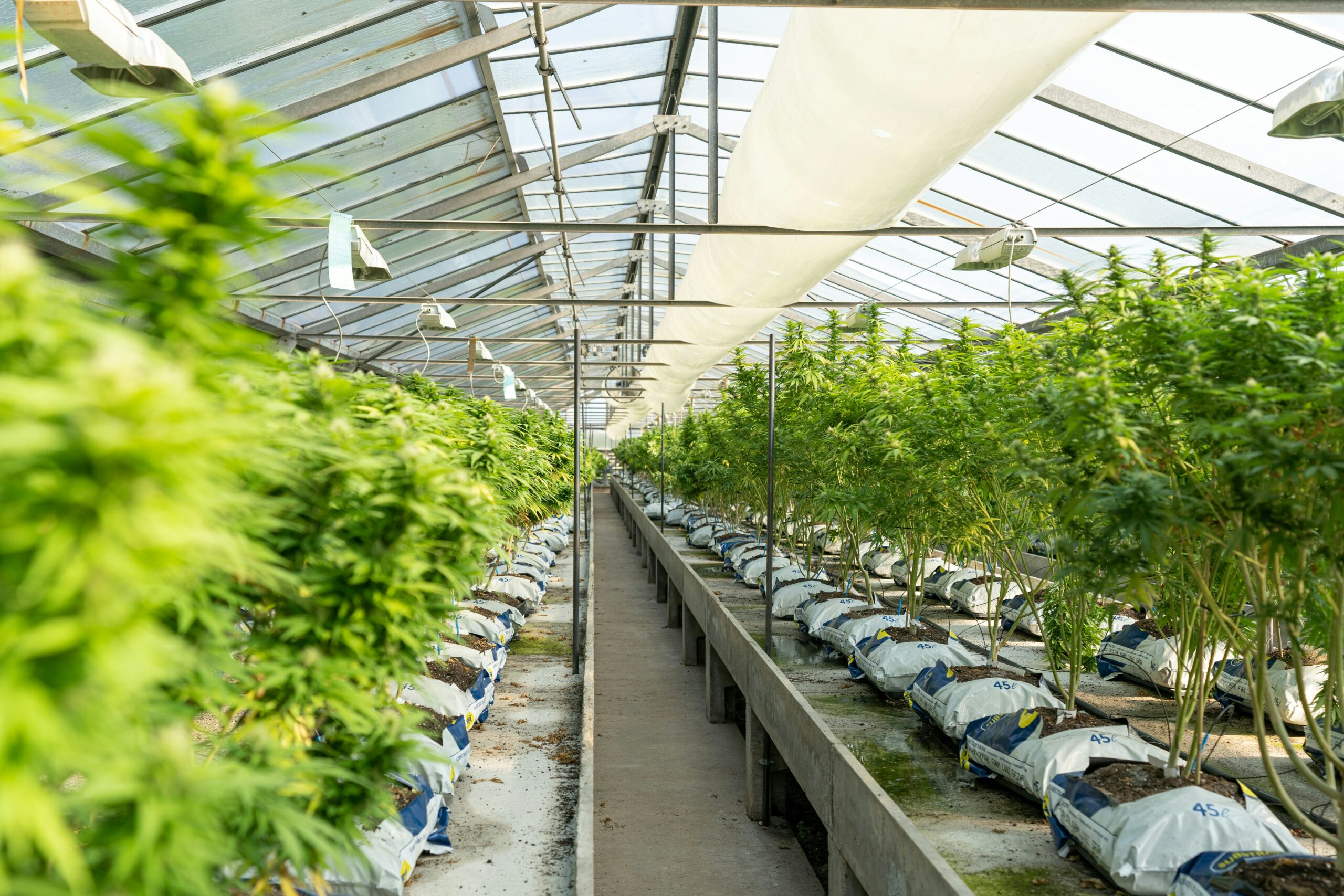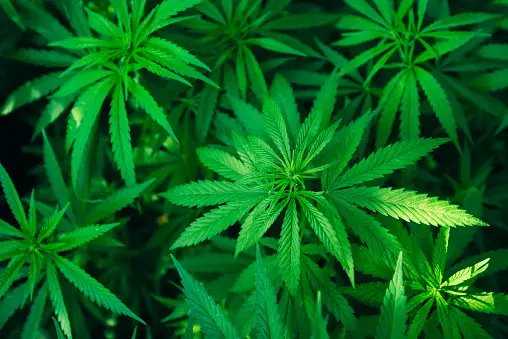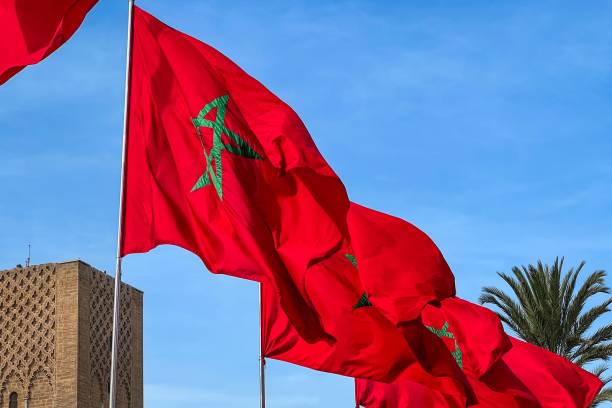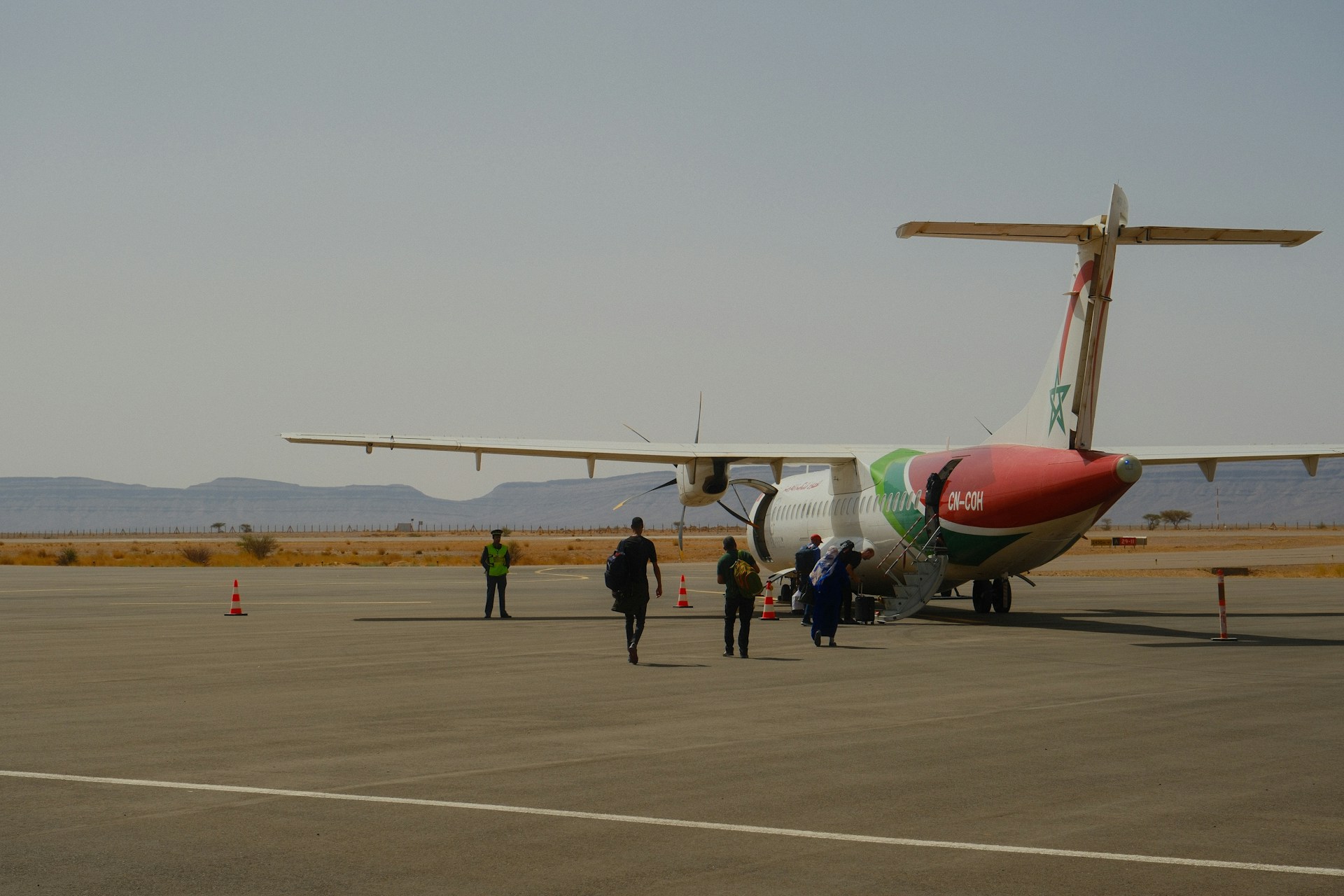Casablanca – Morocco’s government has announced that 98.4% of all applications for direct social aid submitted in June were approved, underscoring the broad expansion of the national support program for low-income and vulnerable households. The announcement was made by Minister Delegate for the Budget, Fouzi Lekjaa, during a parliamentary session earlier this week.
Only 1.6% of applications were rejected, mainly due to applicants benefiting from other public or private support programs, or because of household changes affecting eligibility.
High approval rate shows operational efficiency
Lekjaa described the program as one of the foundational elements of Morocco’s social state project, stating that its implementation has been proceeding smoothly and transparently. “Citizens who declared their situations properly and meet the criteria have been able to benefit from the program without difficulty,” he said.
The 1.6% rejection rate, he explained, reflects temporary factors such as participation in other support schemes or changes in family structure. However, Lekjaa clarified that rejected applicants still have the right to appeal, by submitting supporting documents to the authorities managing the Unified Social Registry.
“The law allows individuals whose requests were denied to interact with the relevant authorities by providing documents that prove their eligibility,” he stated. This appeal process is part of the government’s broader effort to ensure fairness and transparency in the distribution of aid.
Government to reassess eligibility thresholds
While the current model has seen widespread success, Lekjaa confirmed that the government plans to review the eligibility criteria—commonly referred to as the “threshold”—used to determine beneficiaries.
He noted that the existing standards may not fully account for nuanced household situations, such as informal work, irregular income, or partial support from other programs. The goal of the review is to create a more precise and equitable targeting system, minimizing both exclusions and overlaps.
No specific timeline was announced for the revision, but the government has pledged that the process will involve continuous monitoring and a participatory approach involving citizens and stakeholders.
Social aid tied to fiscal reform and revenue growth
The scale-up of Morocco’s direct aid program has been made possible in part by improved public finances, particularly increased tax revenues. According to Lekjaa, tax receipts rose by $2.59 billion in the first half of 2025 compared to the same period in 2024—a 16.6% increase.
Corporate tax revenue reached $1.35 billion, while income tax and value-added tax revenues rose by 6.7% and 3.1%, respectively.
“These gains are the result of major reforms aimed at widening the tax base and reducing fraud,” Lekjaa told parliament. “We are working to make taxation fairer and less burdensome for all citizens.”
He also said the government expects to close 2025 with a budget deficit of around 3.5% of GDP and a debt ratio below 67%. The goal is to gradually reduce the deficit to 3% and the public debt to below 66%, preserving the sustainability of public finances while continuing to fund social programs.
Monitoring and accountability remain key
Lekjaa emphasized that the direct aid program is under continuous government monitoring, with mechanisms in place to improve its effectiveness and ensure equal access. Parliamentary groups have urged authorities to guarantee that all eligible families receive support and are given clear information about how to appeal decisions or update their status.
The direct aid initiative is widely viewed as a pillar of the royal strategy to reform Morocco’s social protection system and establish a more inclusive model of development. With further adjustments to targeting criteria and stronger fiscal backing, the government hopes the program will continue to improve living standards for Morocco’s most vulnerable communities.
















